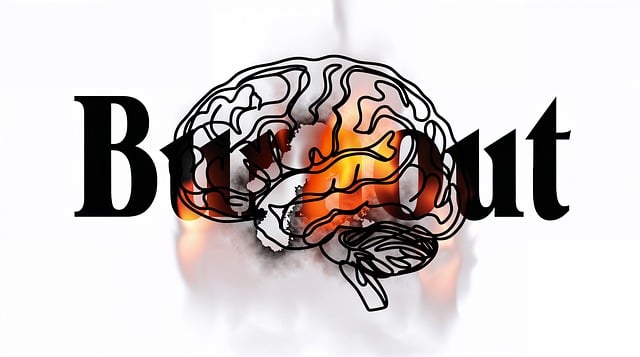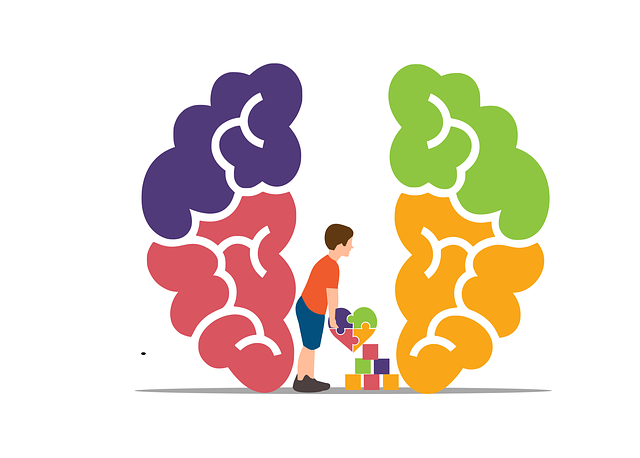Trauma understanding is key for effective mental health support, as it can lead to lasting issues like PTSD, anxiety, and depression. Boulder, Colorado's advocates offer various services including therapy, support groups, and podcasts focusing on confidence building, conflict resolution, and trauma education. Boulder Codependency Therapy takes a unique approach, disrupting unhealthy patterns through self-awareness exercises and emotional well-being techniques for codependent relationships stemming from traumatic experiences. Trauma-informed care is essential for organizations like Boulder Codependency Therapy to create safe spaces where clients can process their experiences, build trust, and gain empowerment, ultimately enhancing mental health and resilience.
Trauma support services are vital in addressing the profound effects of traumatic experiences. This article explores key aspects of providing effective care, including understanding trauma’s far-reaching impact and implementing trauma-informed practices. We delve into the innovative Boulder Codependency Therapy approach, which offers a unique path to healing. By combining these strategies, service providers can create nurturing environments, fostering resilience and recovery for those navigating the complexities of trauma.
- Understanding Trauma and Its Impact: A Foundation for Support Services
- Boulder Codependency Therapy: An Innovative Approach to Healing
- Implementing Effective Trauma-Informed Care in Service Provision
Understanding Trauma and Its Impact: A Foundation for Support Services

Understanding trauma is a fundamental step in establishing effective support services for individuals affected by it. Trauma, defined as a deeply distressing or disturbing event, can have long-lasting effects on mental and emotional well-being. It often manifests as post-traumatic stress disorder (PTSD), anxiety, depression, or other mental health challenges. The impact of trauma is not limited to the individual; it can also affect interpersonal relationships, particularly in cases of codependency, where individuals struggle with unhealthy attachment patterns due to past traumatic experiences.
In Boulder, Colorado, where a thriving community of mental wellness advocates exists, various support services have emerged to cater to these complex needs. Services such as therapy sessions, support groups, and even podcast series production focus on empowering individuals through confidence boosting techniques, conflict resolution skills, and education about trauma’s effects. These initiatives contribute to the healing process, offering safe spaces for expression and fostering resilience among those who have experienced traumatic events.
Boulder Codependency Therapy: An Innovative Approach to Healing

Boulder Codependency Therapy offers a unique and innovative approach to healing from trauma, focusing on the complex dynamics between individuals and their support systems. This therapeutic method recognizes that codependent relationships can often stem from traumatic experiences and aim to disrupt these unhealthy patterns. By promoting self-awareness exercises and emotional well-being promotion techniques, clients gain insights into their behaviors and triggers, fostering personal growth and recovery.
The therapy encourages individuals to explore the interconnections between their emotions, thoughts, and actions, especially in relationships. Through specialized techniques, Boulder Codependency Therapy helps clients break free from destructive cycles, learn healthy boundaries, and develop coping strategies for managing trauma-related symptoms. This holistic approach not only aids in depression prevention but also equips individuals with the tools to navigate challenging situations, leading to improved overall mental health and resilience.
Implementing Effective Trauma-Informed Care in Service Provision

Implementing effective trauma-informed care is essential for providing robust trauma support services. This approach recognizes that individuals with a history of trauma often experience complex emotions and behaviors, requiring specialized care. By integrating this framework into service provision, organizations like Boulder Codependency Therapy can create safe and supportive environments. Such settings encourage clients to process their experiences at their own pace while fostering trust and empowerment.
Mental health professionals play a pivotal role in delivering trauma-informed care. This involves comprehensive training in risk assessment for mental health professionals, ensuring they are equipped to handle sensitive cases effectively. Additionally, designing Mental Health Education Programs can further enhance practitioners’ understanding of trauma’s impact on the mind and body. These programs equip them with the necessary tools to offer empathetic support, thereby improving overall service quality and client outcomes.
Trauma support services play a pivotal role in helping individuals heal and rebuild their lives. By understanding trauma’s profound impact, we can implement effective strategies like Boulder Codependency Therapy, offering innovative approaches to healing. Embracing a trauma-informed care perspective ensures that service provision is compassionate, effective, and tailored to meet the unique needs of those who have experienced trauma. This comprehensive approach is essential in fostering recovery and creating a more supportive society.














